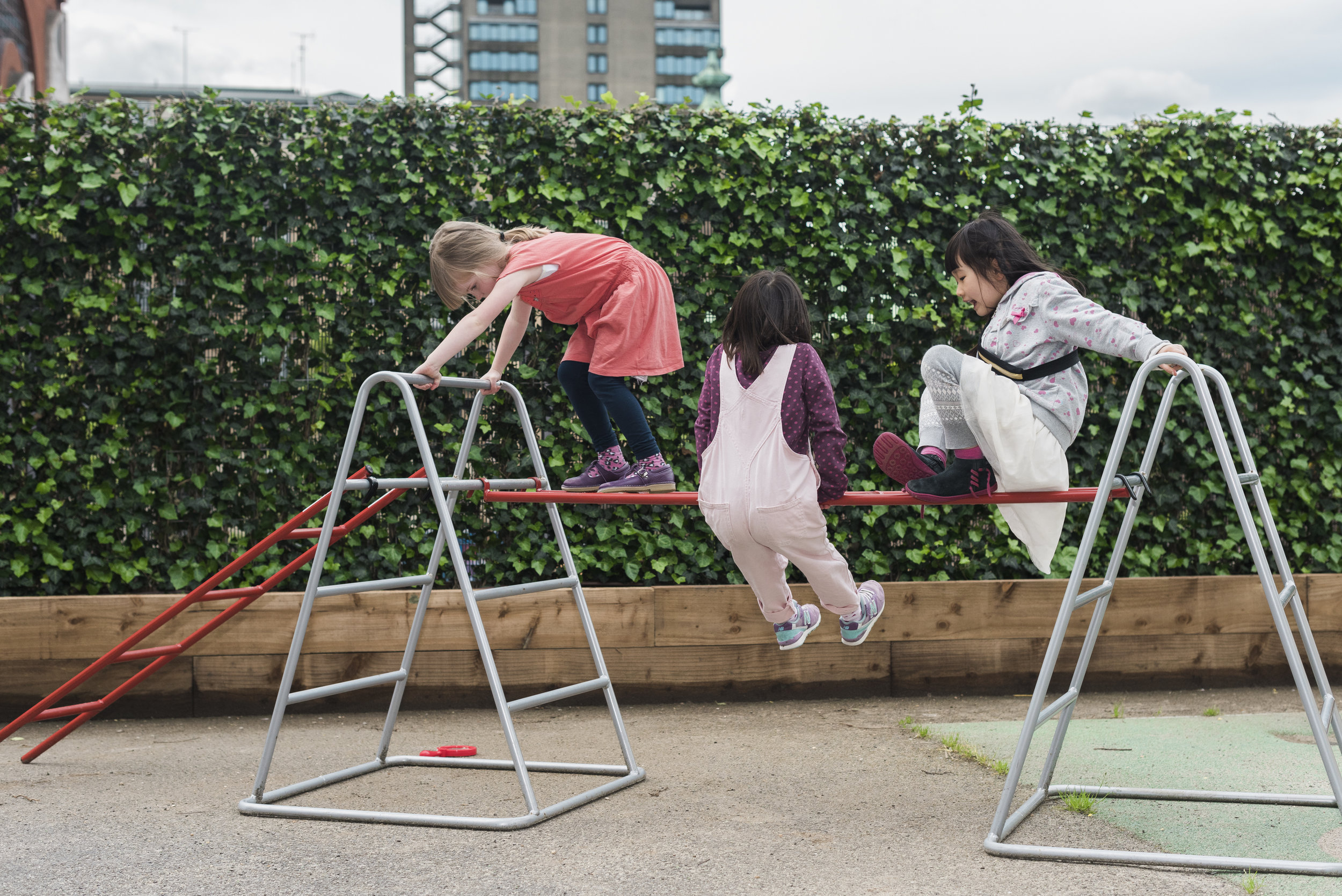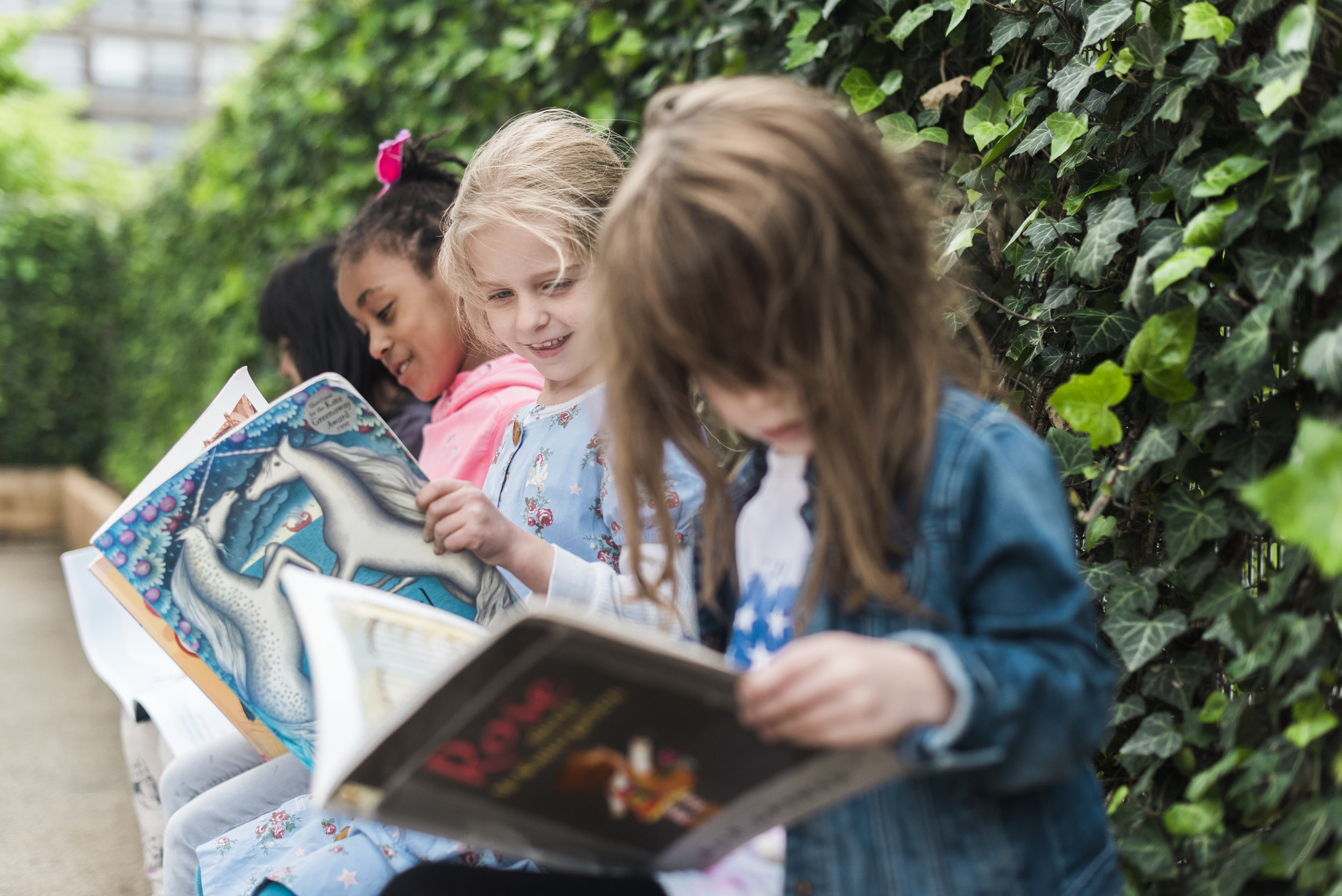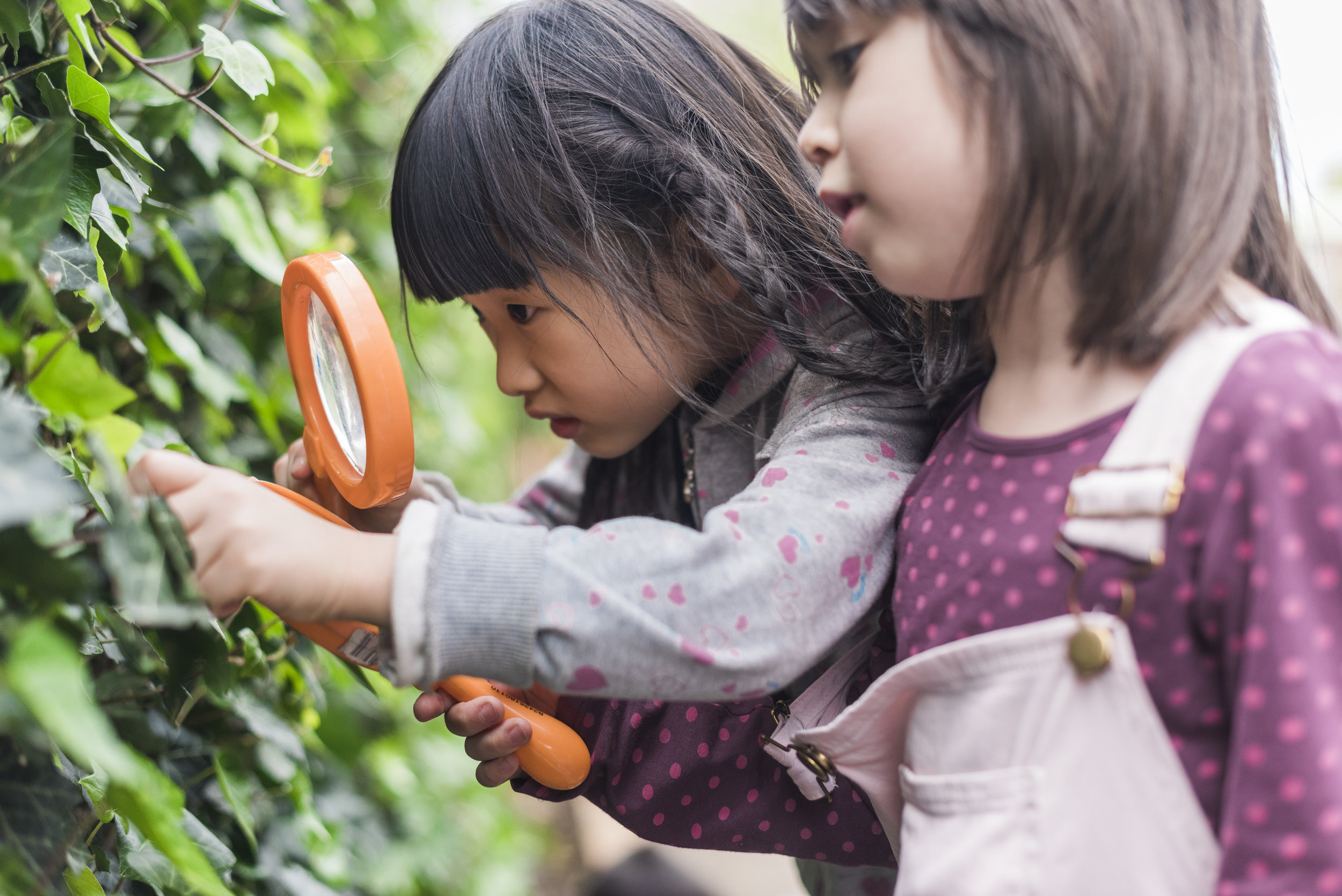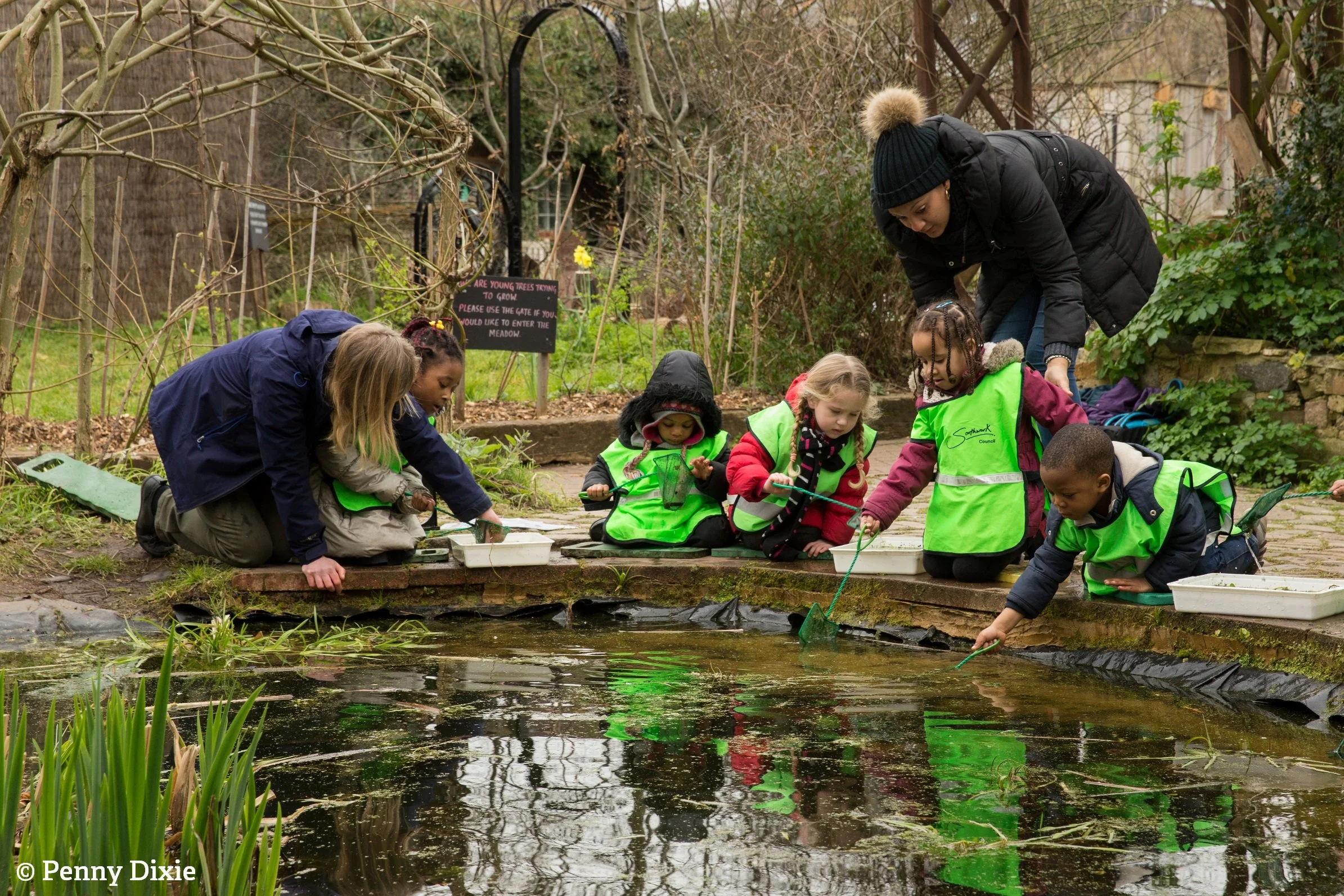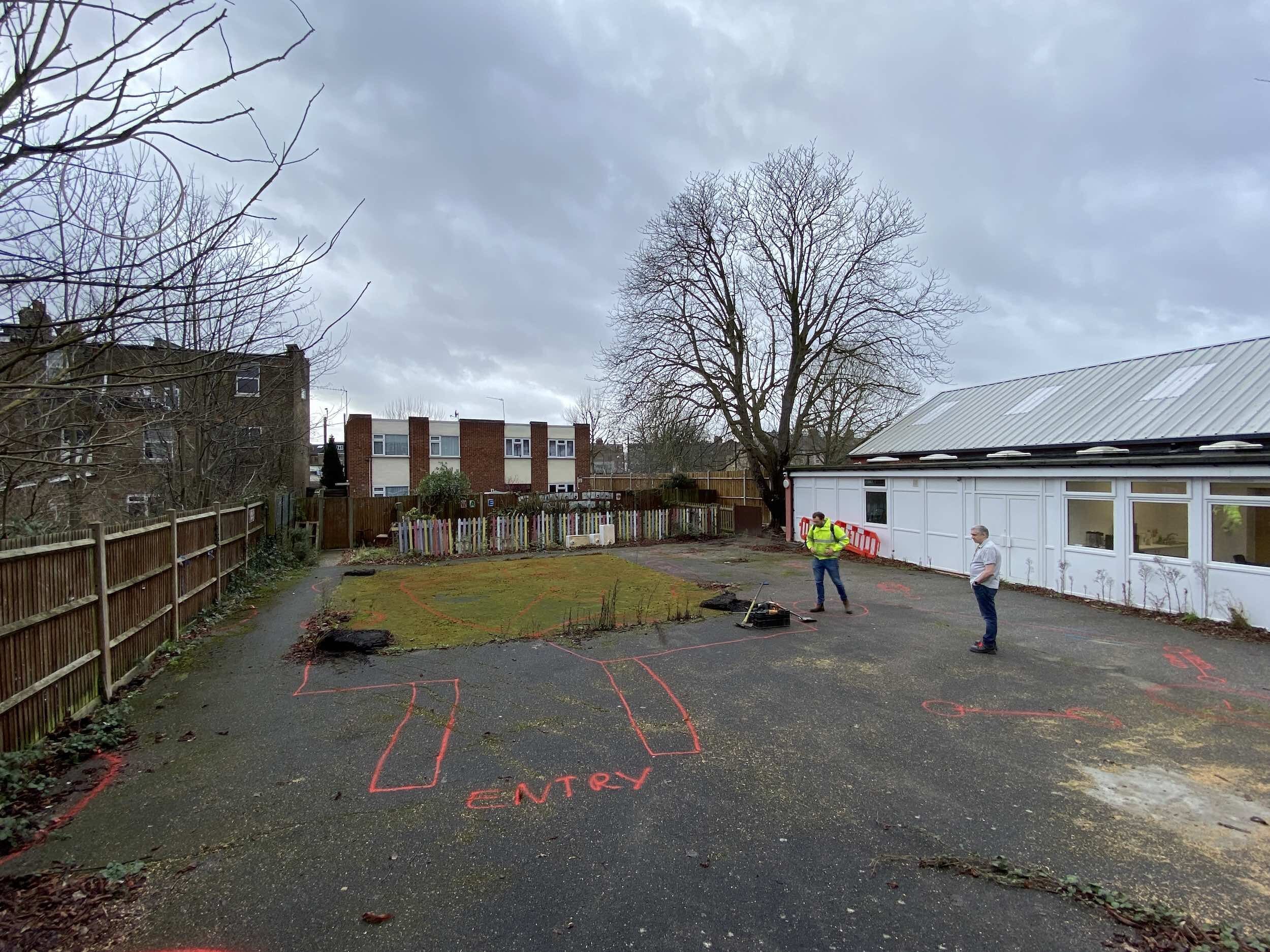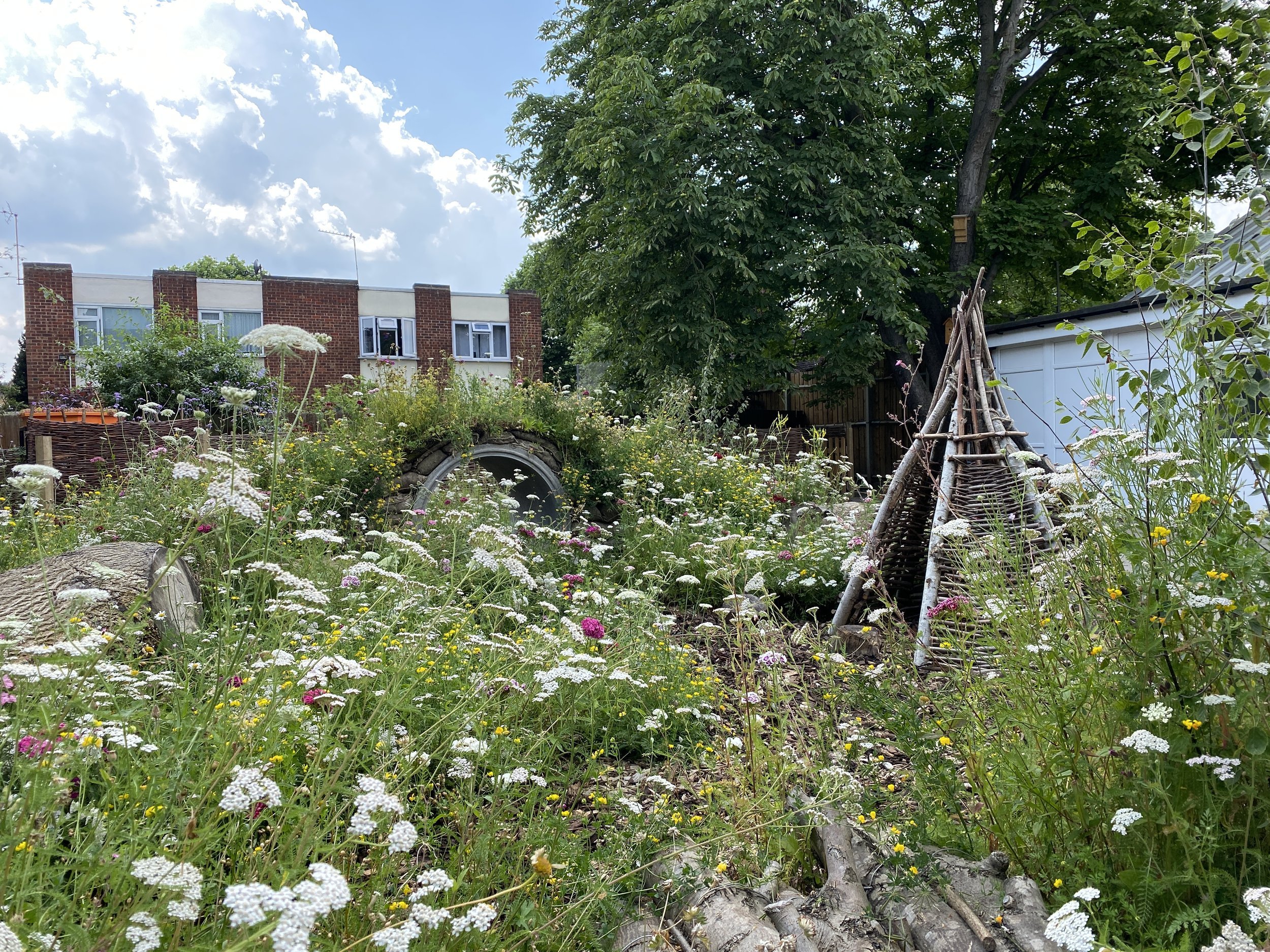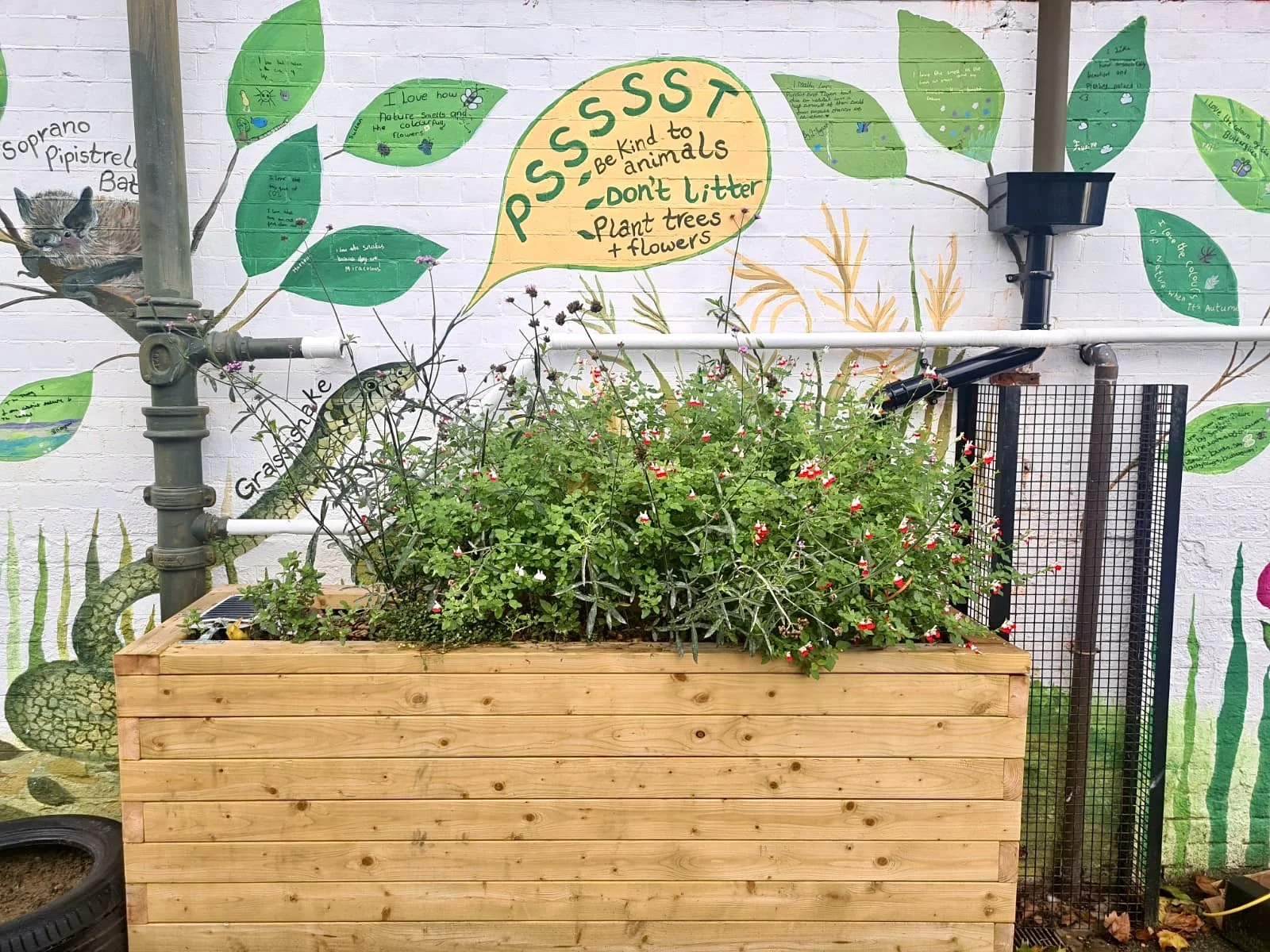Children and nature have always been connected, however, with increased urbanisation, many children around the world are growing up without experiencing what nature is and how it works. This leaves them without the possibility to understand why nature is so valuable.
The Wildlife Trust Report:
The Wildlife Trust calls for every child to have one hour in nature each day. The Wildlife Trust recently constructed a report on how nature nurtures children. The study focused on over 450 primary school children and how nature activities affected their well-being. The research revealed that children’s well-being increased after spending time connecting with nature. Statistics showed that after their activities…
79% of children felt more confident in themselves after spending time in nature
81% of students thought they had better relationships with their teachers
90% of children felt they learned something new about the natural world
79% felt that their experience could help their schoolwork
79% reported better relationships with their classmates
84% of children felt that they were capable of doing new things when they tried
Is the way of the future having outdoor classroom days?
Nature's Benefits:
When children are exposed to nature they see the beauty just as we do, but most importantly they begin to interact with its offerings. Children commonly become hands-on in nature, just think of children jumping in puddles, climbing rocks, swinging from trees, pick up things and much more.
Children begin to wonder in nature, natural materials provide endless possibilities for play and imagination. These materials don’t come with directions commonly, the children come up with ideas on how to use them. Nature provokes children into thought, action, and formulating their own ideas. However even activities with directions such as teaching children how food grows are vastly important. How nature helps:
Less distress
Less hyperactivity
Fewer behavioural and emotional difficulties
Improved pro-social behaviour
Children experience vast benefits from spending time in nature, but let's not forget that adults also benefit significantly from nature too. Yet, across England, visits to nature appear to be frequent but not as frequent as we would expect. Around 62% of adults and 70% of children are estimated to visit nature at least once a week, yet the impact of nature on humans is significant.
The benefits of nature for KIDS
Nature is good for us mentally and physically. Getting back to nature gives us a chance to relax and reconnect with the world around us. And while time spent outdoors is good for everyone, it is especially important for children's development. Here are some of the benefits of outdoor time for kids:
1. Self-confidence
By embracing the majestic world around them, with fewer restrictions on what they can and cannot do, children are given the opportunity to take control of their own actions. They gain a sense of confidence and learn to play safely.
2. Responsibility
Giving a child the task of caring for a living organism such as a plant teaches them the importance of caring for another being. It is up to them to remember to take care of the plant, water it regularly and even prune it if it really starts to grow.
3.Creativity
The unstructured way children play outside allows their minds to express themselves freely. A stick becomes a sword, an overturned tree a pirate ship and a stump a banquet table. Their inventive side is sure to come alive in a natural environment.
4.Exercise
Even if they don't notice it, playing outside is a great form of exercise for a child. They have plenty of space to run, climb, hike and generally explore. Plus, it can be much easier to get them to play outside than to put them on the treadmill.
5.Stimulating children
Just like adults, children need some form of mental and physical stimulation to stay happy. The ever-changing nature of the great outdoors offers them this opportunity and helps keep their minds, bodies and souls active and satisfied.
THE FUTURE:
The fact is, if children have a relationship with nature then they will care about it more. The only way to develop such a relationship is for children to experience nature fully; they must walk in, play, explore, see, touch and smell it. Experiences which relate to sensory stimulation, engage intellectually, emotionally and directly relate to the natural world, which makes children feel not only connected to, but also an integral part of nature.
This awareness will then spark their curiosity and inspire them to gain knowledge about how nature works. This knowledge then bestows on children the desire and capacity to act in a way which will help protect the earth. As children gain both a love and understanding of nature, they can think more effectively about the future and contemplate how their actions might help foster the future.
There is a vast array of research which provides evidence that the claim ‘nature nurtures children’ is true. It is up to schools, parents, governments and all of us around the world to take action and push for children to spend more time outdoors among nature.
Do you want to help evolve children’s connection with nature? Contact us and book a nature workshop today!



